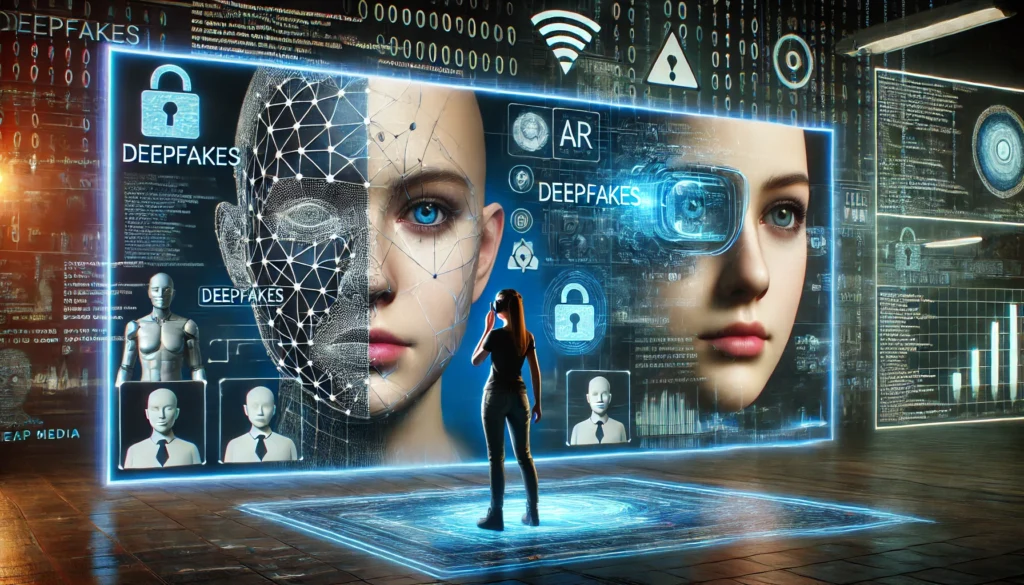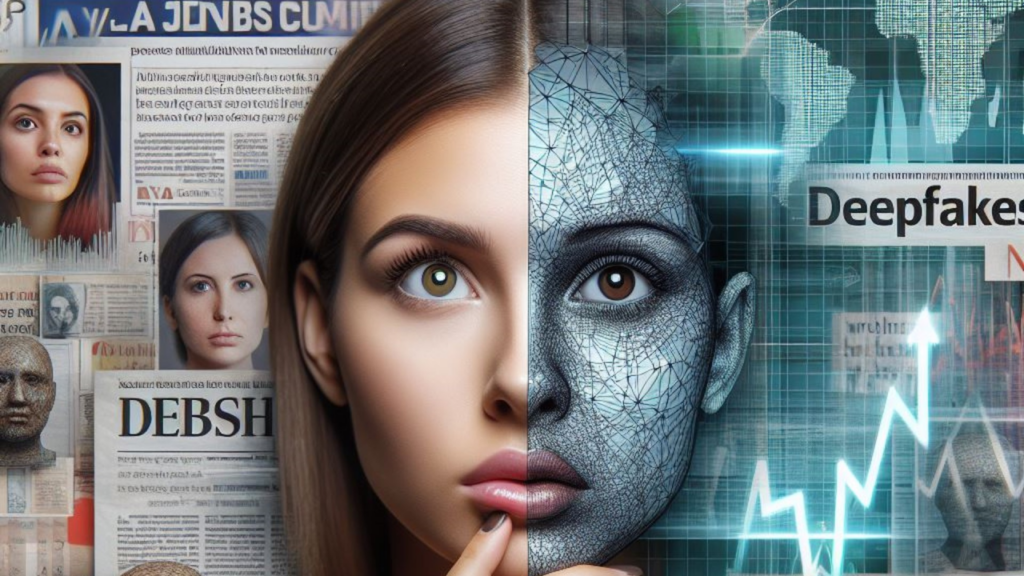The Rise of Deepfake Influencers: Will They Replace Human Brand Ambassadors?

By Epiphanus Obia
Brands are now experimenting with a new kind of influencer, one that doesn’t age, make mistakes, or require a paycheck. Deepfake-generated influencers are becoming more common in advertising, raising questions about authenticity, trust, and the future of human brand ambassadors. While companies see the benefits, the shift comes with concerns about what might be lost when marketing is no longer driven by real people.
The appeal of digital influencers is obvious. They don’t need contracts, salaries, or travel arrangements. They won’t get caught in scandals or say anything controversial. A deepfake model can be designed to fit any campaign, always available and perfectly controlled. This level of precision makes them attractive to companies that want consistency in their messaging, at a cheaper cost. But as more brands adopt this approach, the question remains: is manufactured perfection enough to replace real human connection?

Influencer marketing is built on trust. Consumers follow influencers not just for their appearance but for their personalities, opinions, and experiences. They want to see real emotions, clash with opponents, and honest reactions to products being advertised. A deepfake-generated personality may look convincing, but it lacks genuine life experiences. While it can be programmed to appear relatable, it cannot truly connect with people the way a real person can. If this trend continues, will audiences still find influencer marketing meaningful, or will they start to reject the artificiality?
Beyond the issue of authenticity, deepfake influencers raise ethical concerns. Ownership and consent become complicated when a digital model resembles a real person; whether a celebrity, an influencer, or an ordinary individual. Should people have control over how their likeness is used? There’s also the risk of manipulation. Deepfake influencers can be programmed to spread misinformation, endorse controversial products, or mislead consumers. If brands can create digital personalities, what stops them from manufacturing fake product reviews or artificial social media engagement? Without clear rules, the line between marketing and deception could become dangerously blurred.
Despite their growing popularity, deepfake influencers are unlikely to fully replace real people. Human connection is still at the heart of marketing, and people relate to other people, not just digital creations. While companies may continue to use deepfake influencers for certain campaigns, they will likely coexist with human influencers rather than replace them entirely.

The rise of deepfake influencers challenges traditional marketing, forcing both brands and consumers to reconsider what authenticity means. While they offer efficiency and creative possibilities, they cannot replicate real experiences and emotions. Whether they become a lasting trend or a temporary experiment will depend on how consumers respond. Do people value authenticity enough to keep real influencers relevant, or will they accept a world where influence is entirely manufactured? The answer will shape the future of advertising.






